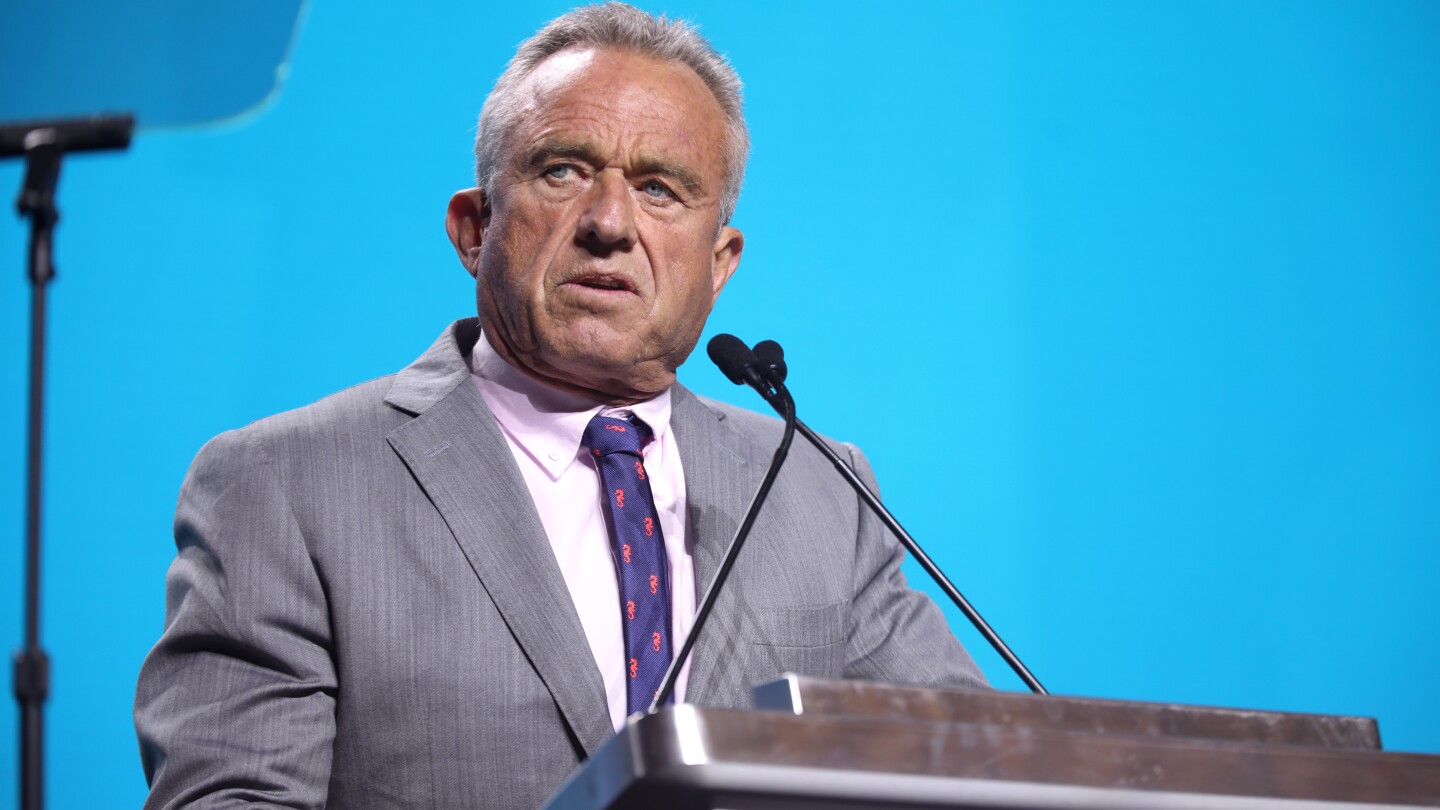News
Some 20 travel staff at the FDA, who made arrangements for the regulator’s inspectors, will be getting their jobs back, as per the Associated Press. Some food scientists involved in testing will also be reinstated.
FEATURED STORIES
Biosimilars are essential healthcare equalizers, but their regulation is overly complicated due to lobbying by makers of branded biologics looking to maintain blockbuster revenue.
Since 2016, the FDA has approved three disease-modifying treatments for spinal muscular atrophy, with several companies—including Novartis, Scholar Rock and Biogen—progressing novel candidates through clinical trials.
It’s early days for xenotransplantation, but eGenesis, Eledon, United Therapeutics and more are working to develop solutions to make this approach a viable option and help ease the organ shortage crisis.
Job Trends
Looking for quality assurance jobs in the biopharma industry? Check out these five top companies hiring life sciences professionals like you.
FROM OUR EDITORS
Read our takes on the biggest stories happening in the industry.
In a recent BioSpace LinkedIn poll, nearly half of respondents predicted the job market won’t turn around until 2027 or later. It’s easy to see why people are skeptical, especially when you consider recent hiring activity and layoffs.
THE LATEST
In this discussion, our guests explore how recent regulatory changes are shaping the future of AI in drug development in the US market. Watch now.
The deal is a blast from the not-too-distant past, when special purpose acquisition companies were an easy way for companies to list on the public market with a bundle of cash to operate on.
Roche’s Genentech is betting on the Flagship Pioneering–founded company’s discovery platform called DECODE to find new targets for an undisclosed autoimmune disorder.
The so-called ‘Most Favored Nations’ rule would set drug pricing for Medicare in line with the prices paid by other nations, where drugs can be much cheaper.
Analysts at BMO Capital Markets expect Summit and Akeso’s HARMONi-6 readout to put some pressure on Merck and its blockbuster biologic Keytruda.
Just raising the alarm won’t drive action. Use these three steps to turn insights into solutions that leadership can’t ignore.
Cobenfy’s late-stage flop is BMS’ second high-profile failure in as many weeks. The pharma announced last week that Camzyos was unable to improve disease burden in non-obstructive hypertrophic cardiomyopathy.
Bausch Health has launched a shareholder rights plan—also known as a poison pill defense—designed to prevent any one entity from taking control of the company to the detriment of other shareholders.
Such a change would put the U.S. more in line with guidance in other countries and with the World Health Organization, which recommends one dose for children and adolescents only if they have comorbidities.
In December 2024, the FDA affirmed that the shortage of tirzepatide, marketed as Zepbound for weight loss, had ended, formally barring compounders from producing their knockoff versions of the drug.


















